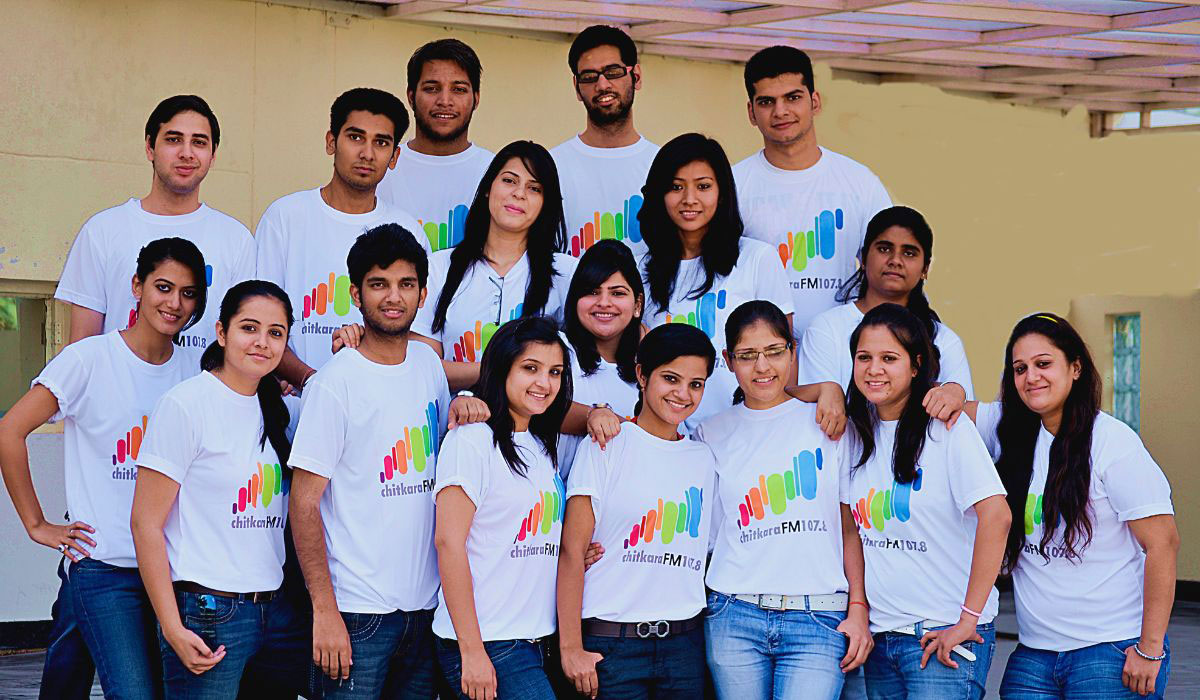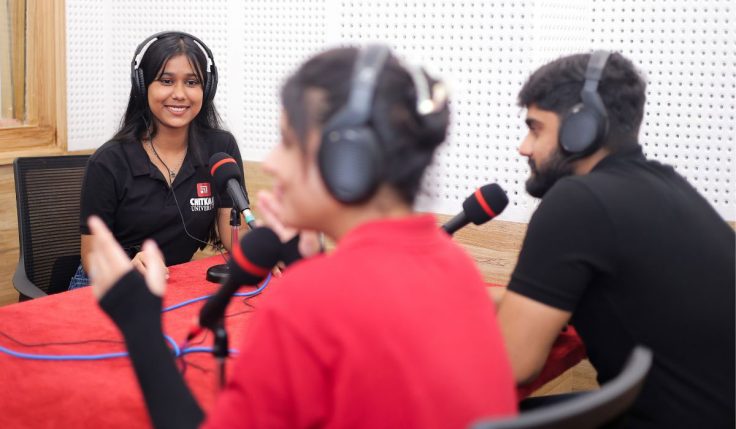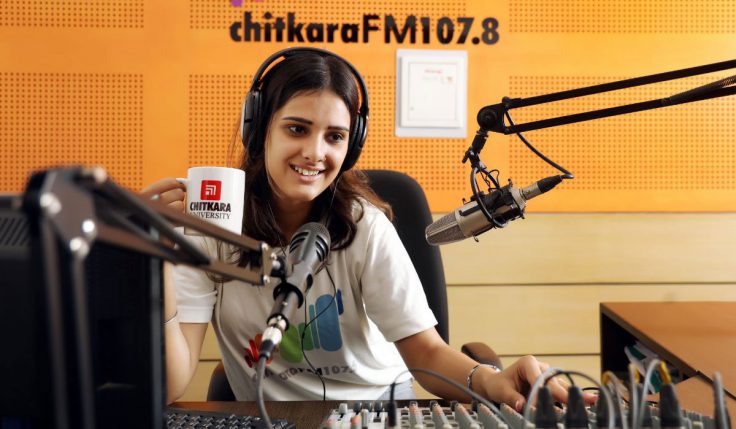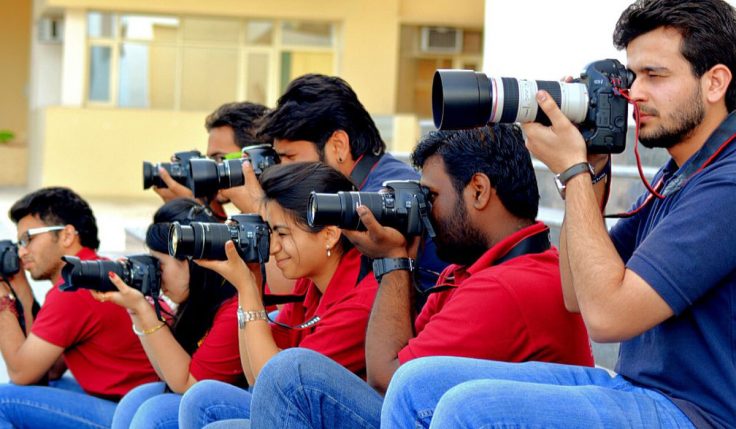In today’s fast-moving digital world, the manner of utilization and circulation of information have changed drastically. At the core of such change is mass communication, and as a result, it makes up for a vital area of interest for prospective media practitioners. Journalism, broadcasting, public relations, or media production—the course on mass communication allows one a closer and better look at the delicate interface of media with society and its audience.
Understanding Mass Communication
At its core, mass communication can be defined as creating, sending, receiving, and analyzing messages through various channels to large audiences. The message can be news articles, television shows, podcasts, social media content, and advertisements. Mass communication mainly aims at informing, entertaining, and persuading the public; hence, it becomes one of the crucial elements shaping public opinion and societal norms.
What is a Mass Communication Course?
A mass communication course is intended to provide theoretical knowledge and practical skills in media and communication for the respective fields. The course content generally covers the following subjects:
- Media Theory and Research: The operations of media in society and how to research trends, audience behaviors, and effects on media.
- Journalism and Reporting: Training in news writing and editing, interviewing, and reporting following ethical guidelines.
- Broadcasting and Production: Learns how to produce a radio and television production that includes scriptwriting directing, shooting, editing, and broadcastings
- Public Relations an Advertising: how the perception of the public is managed as well as creation of persuasive campaigns and implementing them is considered.
- Digital Media: how the changes in technology with the invention of the internet and social media have influenced the mode of communication and conveying the message is also considered.
Students, through projects and internships combined with practical work from the field, get hands-on experience in developing media content and running the tools and extents that provide the support.
Master of Arts in Journalism and Mass Communication
Students who are interested in the depth of knowledge and skills obtain the Master of Arts (MA) in the field of Journalism and Mass Communication. This program is usually a mix of advanced theoretical orientation and practical training, and the goal is to dispatch students to the industry in leading roles.
1. Key Components of MA Program
- Specialization Options: Most often, there are specializations such as investigative journalism, digital media, or multimedia production. That makes it easy for an individual to follow exactly what interests them or hang on to what brings them closer to their career goals.
- Research Methodologies: Taking the time to look at methodologies in research will allow the student to carry out important studies that provide reputable research insight into emerging trends and challenges in the media.
- Internship requirements: Most master’s programs have internships as an integral part of their curriculum. This provides an avenue for students to earn practical experience and industry contacts.
2. Program Highlights
- Hands-on Work Experience: Students are going to be working on actual media production scenarios and how you can do well amidst the stressful situations in a newsroom or broadcast station.
- Networking: In most cases, networks with pundits in the field come primarily for master’s students, among other guest lectures and workshops, which enhance exposure and wisdom for students.
- Career Progression: With such courses available in hand, one is optimally placed to pursue a career as a journalist, communications director, media planner, or maybe even a content producer.
Careers in Mass Communication
By pursuing a mass communication course, one can benefit myriadly from it in the form of various career opportunities, an example being:
- Journalist: One can report news or feature stories, conducting interviews with sources and reviewing news material, whether it is recorded or live at an event, etc., then finally presenting them on the print, broadcasting, or internet medium.
- Public Relations Specialist: Such a professional helps an organization communicate with the public. This may involve drafting press releases and coming up with strategic communication plans.
- Broadcast Producer: This individual coordinates the various elements involved in the process of production. In short, they are charged with overseeing the production of virtually any television or radio program.
Mass communication, in other words, would act as a great diploma for the students looking forward to bringing about their own space in this vista. Programs like a Master of Arts in Journalism and Mass Communication or a Masters in Journalism and Mass Communication would infuse within them theoretical knowledge and practical skills for excelling in this wide, yet dynamically changing field.
Want to inform, entertain, or persuade? A career in mass communication is an excellent means to make a difference in the world. Provided with the right kind of knowledge, there is nothing to stop you from becoming one of the next powerful voices in the media.
Learning the M.A. in Journalism & Mass Communication at Chitkara University
The M.A. program in Journalism & Mass Communication at Chitkara University is a two-year professional program in which students are prepared to move with ease from the more technical, artistic, historical, and theoretical foundations through increasingly complex and intensive programs of study. Over the duration of two years, students experience hands-on learning that prepares them for the fast-paced world of media. The program emphasizes developing critical thinking abilities, knowledge of current affairs, and an overview of various social institutions, making the graduates capable and confident of taking the challenges in the present day media environment.
Chitkara University emphasizes practical exposure through a large number of internship opportunities. This increases the employability quotient of the student. The structure of the program in itself is developed in such a way that the students come face-to-face with the media giants in the industry, thus offering them industry exposure for their overall development. With the latest infrastructure, including a full-fledged Television Studio, Production Control Room, Editing Lab, and Community Radio Station, one of its kind of practical training is imparted. This, therefore, aims to not only grow aspiring media professionals but also put them at an advantageous position in an environment that is always dynamic.
Also, read this blog post: Mastering Mass Communication: Your Guide to the 7 Cs
Indian Media and Entertainment as an industry is going through a rapid transformation: increased content consumption in non-metros and the advent of newer formats of media. Understanding this landscape is essential for the students, and the M.A. program is founded on the base of applied research into the dynamics of communication and the creative industries. The program is going to do this through curriculum design, lectures, seminars, project work, and guest lectures, thus working in collaboration to complete the enriching process of learning, to serve the requirements of a number of specializations within the media sector. As graduating students, one can look forward to careers such as Senior Copywriter, Brand Manager, Digital Media Expert, Filmmaker, Journalist, Media Planner, and Event Manager, among numerous others. With robust industry connections with the best employers and a course curriculum aligned with the media industry, Chitkara University serves as a pathway to brilliant career opportunities for many. Here is your chance to be at India’s No.1 university for a fulfilling career in Journalism and Mass Communication. Apply now to embark on your journey!






